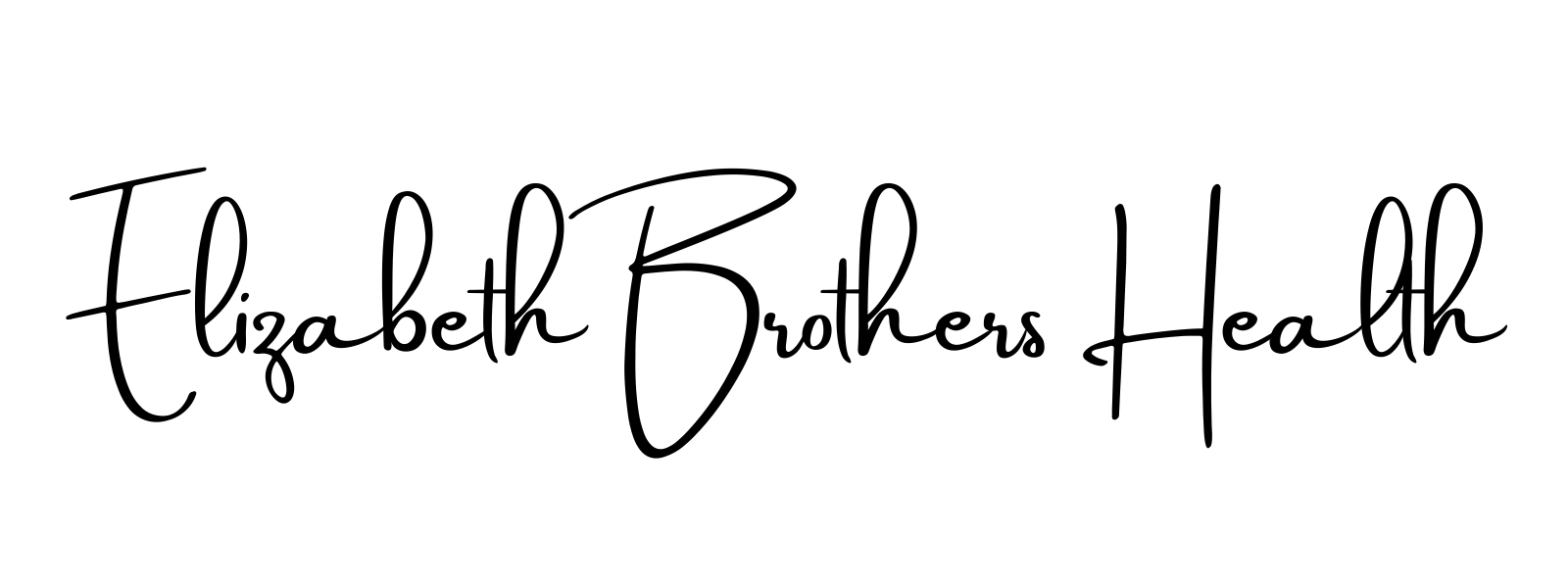When people ask you that question, what do you say?
I, honestly, struggle with this question a lot. Who am I? I’m so many things, many of which are hard to sum up in a sentence. I know people expect me to answer this question as a list of my job and my family. “Hi, I’m Elizabeth, I’m a health and wellness coach and I have 2 kids.” That’s a pretty standard response when I get that question.
But does it really answer it?
I’m also a student. And a teacher.
I’m a scientist.
I’m a musician (though less time for that these days).
I’m a chef and a baker.
I’m a reader.
I’m a friend. A daughter. A sister.
I’m a support system.
I’m organized. And a morning person. And I love to be in control of things.
I can be bossy.
And that’s just a few words to describe me.
So, Who Are You?
The reason I question this is because who you are, who you identify as, can play a tremendous role in your health. Including your sleep.
In my course, the Sleep Solution for Busy Moms, a significant part of this course is Elizabeth’s 5-Step Habit Building Blueprint. I’ve put together this process to help people implement long term habits that will improve their sleep. And it’s been incredibly effective to do just that.
But part of the process of habit building is to identify the habits that will be most beneficial for you, because while the habit of starting your day with a glass of water might be a really important and powerful habit for one person, it might not be the most useful habit for someone else.
I always work with people directly to identify what they feel are the most important habits for them. And we have a conversation about it and work from there.
Your identity comprises a lot of things. It includes all of those descriptors like I listed above, it includes your current circumstances. But it also includes your values. Your morals. Your beliefs. And those things are, for many, a bit more vague. If someone asked you who you are, would you answer “I am someone who believes that community is extremely important?” That might be something you believe, but it’s not typically how you would introduce yourself.
Understanding who you are, what you value, what you believe, how you identify is some of the most powerful influence you can have over your health. And your habits.
If you identify as a night owl, then trying to implement a habit of getting up at 6 AM every day is never going to last. It goes against your identity. You can have all of the best intentions in the world, but while you identify as a night owl, you will never be able to function as a morning person.
If you identify as an insomniac, then doing anything to treat your sleep challenges is going to be an uphill battle. Those identities, those beliefs about ourselves can run so deep, that even though we logically know that we should be working to change something (like improving our habits around sleep), when we challenge our identity, our subconscious will often work to sabotage it.
If you identify as a morning person, I’m likely never going to be able to convince you that you’ll be productive after 10 PM. It goes against your identity.

Can You Change Your Identity?
Yes, and no. In some respects, you probably don’t want to change your identity. That’s who you are, that’s how you’ve gotten where you’ve gotten. That makes you who you are.
But it is important to understand who you are. To understand your values and beliefs and experiences. Because sometimes our identities don’t really serve us well.
Let’s use the example of someone who identifies as an insomniac. They believe that they’ve always had trouble sleeping and they’ll never be able to sleep properly. And it’s likely that anything they try won’t work for the long term.
But it’s possible to shift your language. Instead of saying “I am an insomniac”, you can instead say “sometimes I have trouble sleeping”. Changing the language from “I AM” to “I experience” or “I observe” or anything that takes the identity out of it can open you up to shifting habits, or more.
Are there any identities that you hold on to, that might be damaging for you?
Awareness
Like everything I talk about, awareness is always the place to start.
You might want to do some reflection about how you identify, and maybe even write some of it down. Who do you identify as? Celebrate the parts that make you you!
But more importantly, what parts of your identity hurt you, sabotage you, or aren’t serving you? Once you’re aware of some of those identities, you can start to change the language around them.
And you can select habits, behaviours, etc. that are in line with your identity.
Here are some common identities I’ve seen/heard from people I’ve worked with over the years, and more positive ways you can reword them to shift them away from being part of who you are, and instead toward something you experience.
- I’m lazy – sometimes I feel lazy
- I’m worthless – I’m worthy of health and taking care of myself
- I’m fat – I don’t always feel healthy
- I’m a terrible sleeper – sometimes I don’t sleep well
- I can’t cook – I’m not great at cooking certain things, but I’m still open to learning new techniques
- I’m not an athlete – I don’t always enjoy exercise
On the opposite side, if you want to get good at something, you can shift the language to the positive:
- If you really want to take up running, you can regularly tell yourself “I’m a runner.”
- If you want to get better at time management, you can regularly say to yourself “I’m an organized person.”
We tend to believe the words we tell ourselves, both good and bad.
So let’s focus on the good!
